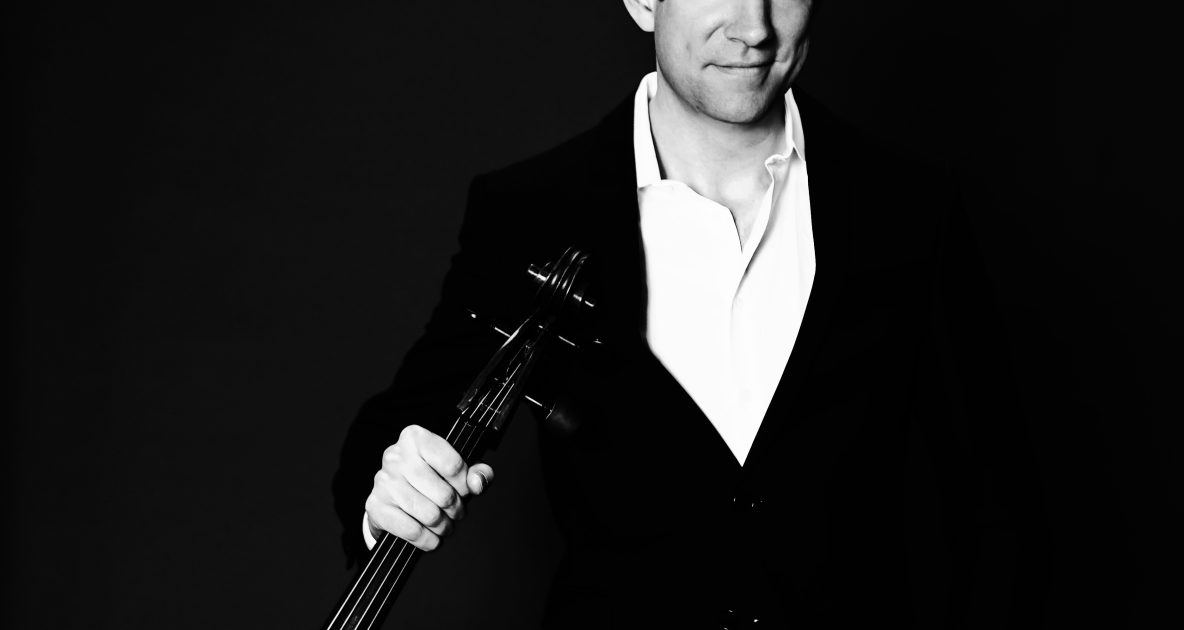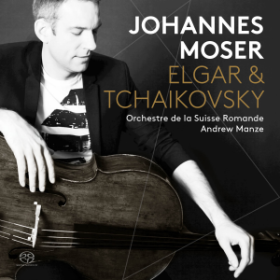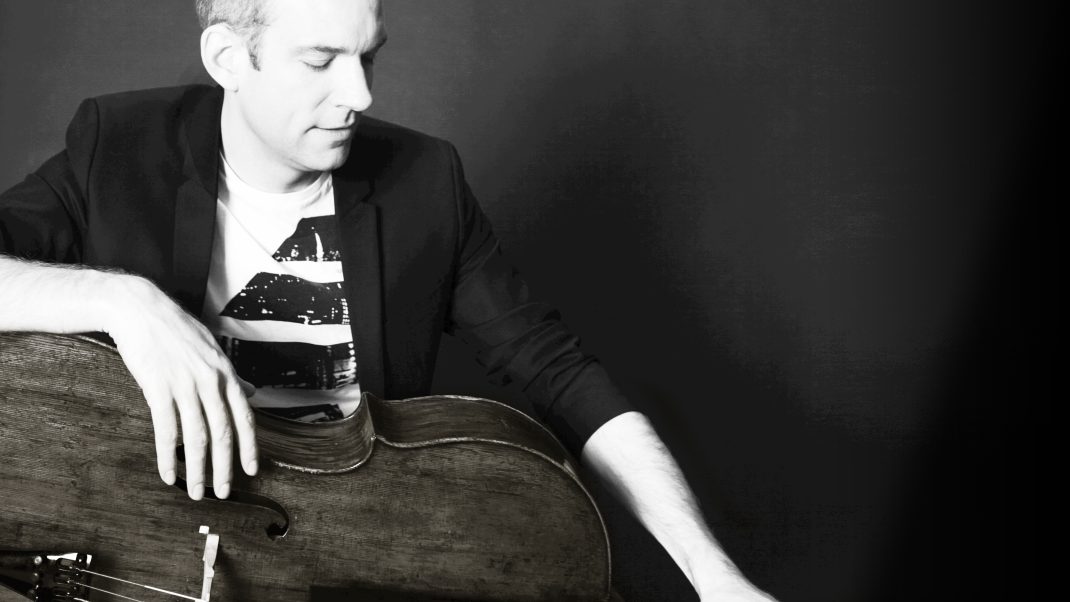“Both soloist and orchestra play with bright zest.The final Allegro shows the best interplay between virtuosic cello playing and lively orchestral passages. The cello sounds suitably grand as the music tries to persuade us that triumph is possible.”
Audiophile Audition gave a beautiful review about our latest release of Elgar/ Tchaikovsky played by Johannes Moser , Orchestre de la Suisse Romande under the baton of Andrew Manze. This release displays profoundly moving, elegiac lyricism of Elgar and the wistful charm and brilliance of Tchaikovsky. Read a passage of the review below.
In the concerto, the cello enters famously in mid-sob. One is doubly startled. First, one doesn’t know how know to react seeing a grown man cry. Second, we are overwhelmed by the vivid presence of the multichannel surround sound. We wonder how we got seated among the orchestra itself and whether we will be discovered and sent back to our seats. The entry of the orchestra gives us a complete and detailed sonic image. The Adagio certainly takes us inward into a sadness beyond the personal realm. Even so, the first lyrical subject brings a consoling reprieve. The orchestra, too, seems to be determined to stave off the darkest thoughts. Herr Moser, is careful to keep his vibrato from lugubrious overstatement, which is for the best. Make no mistake, this is music to evoke images of the desolation of Ypres and the Somme. It is not unreasonable to credit Tchaikovsky in the construction of this expressive language.

As encores we get three extra pieces for cello and orchestra. The first, a Nocturne arranged by the composer from one of his piano pieces, was unfamiliar. It certainly fits perfectly with the cello. The second is the most well-known melody of all, a transcription of the Andante Cantabile from the String Quartet No.1, a splendid lyrical inspiration. Finally, there is the Pezzo Capriccioso, which, amazingly, has an opening declaration that sounds reminiscent of Elgar’s work. Written over an entire summer under difficult circumstances involving the death of a friend, nevertheless, it is mostly energetic, with just a bit of cantabile hand-wringing.
Fritz Balwit
Read the full review here



